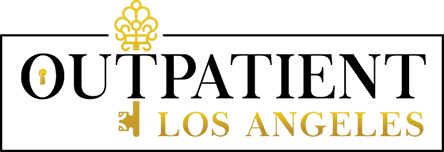Prescription drugs are commonly used in the treatment of various health conditions. When taken as directed they can help patients alleviate pain, reduce inflammation, and provide relief to a variety of symptoms, as well as treat mental health disorders such as anxiety or depression.
Unfortunately, prescription drugs are not always used as directed which can lead to addiction. Misuse of prescription drugs is quite common and in many instances even unintentional.
Detecting the signs and symptoms of prescription drug abuse early can lead to timely intervention and save the addict from severe hardships and even possible death.
What is Prescription Drug Abuse?
Prescription drugs are considered to be abused when taken outside of the directions from a primary care physician. They tend to be abused by addicts that are looking for a different type of high or an alternative to a stronger illicit drug, as well as patients that fall into addictive habits.
For example, heroin addicts may use opioid medications as a substitute if they are not able to get their hands on heroin.
Another common form of prescription drug abuse occurs when a patient has been prescribed medication but uses it in an unintended manner, which leads to addiction.
For example, an accident victim or a surgical patient may be prescribed opioid pain medication. Over time, the patient may build a tolerance to it. Not being able to resist the increased pain created by the body’s tolerance to the prescription, the patient or loved ones may choose to compassionately overmedicate leading to unintended addiction.
What Are The Most Commonly Abused Types of Prescription Drugs?
The most commonly abused types of prescription drugs are those that lead patients to develop a high tolerance and that possess a high addictive potential. They are mainly broken up into three categories; stimulants, depressants, and opioids.
Simulants usually induce feelings of euphoria, energy, and alertness. They are commonly used to treat conditions like ADHD. The effects of stimulants are comparable to those of drugs like cocaine or crystal meth. Prescription stimulants are categorized into amphetamines and methylphenidates.
Depressants act the opposite of stimulants by inducing feelings of sedation or drowsiness. The effects of depressants are comparable to drugs such as alcohol and marijuana. Prescription depressants include barbiturates, benzodiazepines, and sleep medications.
Opioids are mostly used to treat pain and belong to the same family of drugs as heroin, inducing similar effects. Prescription opioids include codeine, morphine, methadone, oxycodone, hydrocodone, and fentanyl.
Signs a Loved One Is Abusing Prescription Drugs
Prescription drug abuse is a growing problem in the United States with over 6% of the population over 12 years old reporting a form of misuse in 2020. Close to 800,000 Americans reported a stimulant use disorder in the same year.
Being able to recognize the signs and symptoms of prescription drug abuse is critical to helping those we love to avoid falling into addiction.
The most common signs and symptoms of prescription drug abuse include:
- Pills or medication bottles going missing from your home
- Taking medication in ways other than directed by medical professionals
- Unexplained changes in their finances
- Extreme mood swings
- Symptoms of drowsiness or intoxication after the prescription timeline has ended
- Slurred speech
- Dizziness
- Changes in sleep patterns including insomnia
- Lack of care in oneself, activities, work, and family
- Extreme fatigue
- Rapid changes in weight
- Dry lips
- Problems at work
- Anxiety
- Irritation
What You Can Do To Help Your Loved One Suffering from Prescription Drug Abuse?
There could be serious moral conflicts when dealing with a loved one who’s abusing prescription drugs.
For example, a loved one may be prone to compassionately allow a patient who is in pain to take more medication than the doctors have prescribed. Or they may choose to ignore a child abusing Adderall for fear of what would happen if the child gets taken off the medication.
Because of the inherent moral difficulties involved in helping our loved ones with prescription abuse problems, it’s always best to let a professional lead the way.
How to Get Professional Help
If a loved one is exhibiting any of the signs and symptoms of prescription drug abuse then it’s time to get professional help.
Outpatient LA is a premiere outpatient drug treatment center in Los Angeles, California that offers a variety of options for those struggling with prescription drug addiction.
Contact Outpatient LA today and let us help your loved ones get the help they need to get better.


